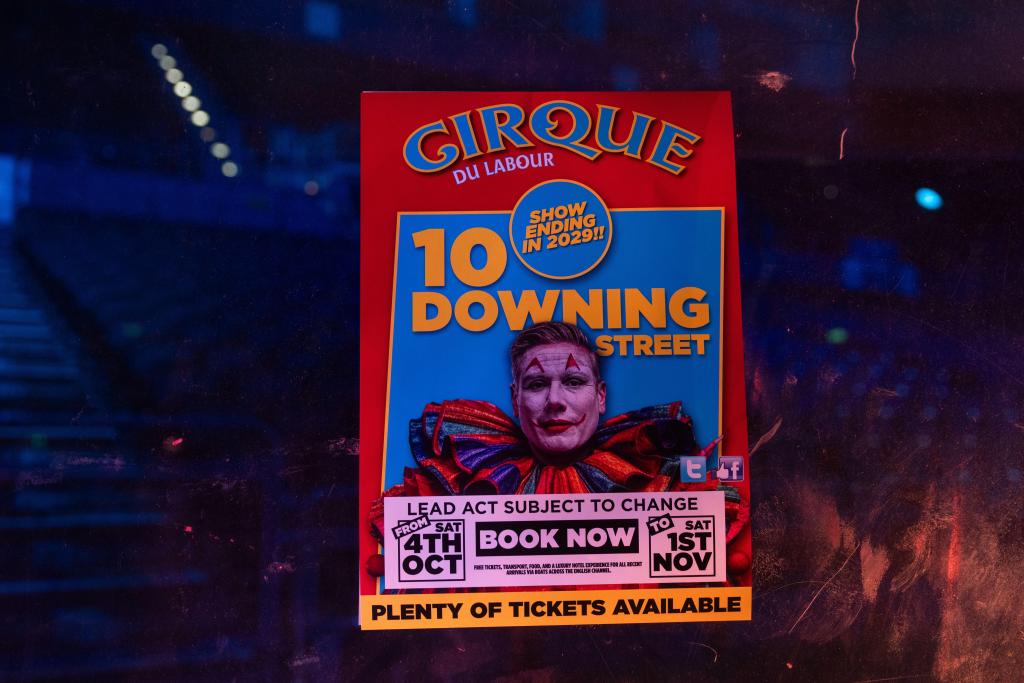I recently went to a conference on the impact of artificial intelligence on the wine industry. It was not immediately obvious why this would have any relevance to my life. I know nothing about AI, having decided not to bother experimenting with it after being reassured by my delightful first cousin once removed that as it still can’t generate convincing Petrarchan sonnets, mankind has nothing to fear. (Yes, he is at Oxford.) And it’s perhaps more shameful that – despite being married to a master of wine – I know so little about booze; I can’t even claim to know what I like, but mercifully he does.
Five years ago, our relationship counsellor told us she’d never met a couple less likely to stay together
Being extremely limited, I couldn’t conceive of how AI might have any impact at all on the world of wine, a product so very physical in its creation and nature, and so very ineffable in the joy it engenders. So I thought perhaps that my ignorance might be dispelled by attending such a gathering. After all, while I relish the comforting lull of my first glass or three of oaky chardonnay, I’d be happy to outsource the repercussions of a night on the tiles to my very own avatar so it could handle the regrets, recriminations and stains.
With such an incisive grasp of rapidly evolving technology, much of the conference went over my head. I could appreciate that a highly patented AI software programme based on the tasting abilities of masters of wine and master sommeliers would be useful for producers and consumers alike; I just didn’t understand much of what followed, what with talk of business models and financial leverage. Though my tiny mind was blown by gastrophysicist, Charles Spence, and his observations on the extraneous factors which influence our enjoyment of something. I mean, who knew that drinkers would prefer the taste of wine when it was necked from a furry glass? Or that the sound of papers being crumpled by one’s ear would also enhance the experience?
But the discussion became all the more pertinent when it turned to what the next generation of generative AI might look like. It’s already possible for a company to use AI to make calls or set up software. Professor Oguz Acar of King’s College London, explained how, in the not-too-distant future, it was conceivable that there would be situations where companies and individuals could use their AIs to interact with each other.
Speaking to Professor Acar after the conference, he pointed out that discussions about the future of AI are speculative though predicated on informed opinion. ‘I think what we might see is companies developing specialised bots for common consumer tasks, such as travel planning and shopping’. I’m happy to do these for myself generally. But Professor Acar notes that ‘there’s a market for the tasks that consumers don’t like doing, using AI to do something we despise’.
While this would no doubt help me with the day-to-day minutiae, like sorting the laundry and paying parking fines, I’m more excited about how soon AI might be in a position to save my marriage. If my AI could communicate with my husband’s AI then it might be the key to one’s marital woes. More specifically, could AI succeed where Relate had admitted defeat? Because five years ago, our relationship counsellor told us she’d never met a couple less likely to stay together. She had, however, failed to take into account quite how contrary and stubborn we both are. And how much we both like chardonnay, even without a furry glass. (In fact, definitely not from a furry glass. My husband is so particular about his glassware that he travels with his own. Can you see how we might have ended up at Relate?)
But if some simulacra of ourselves could thrash out the trivia, then things would no doubt resemble the salad days of our 20s. As a friend observed, ‘Could our AIs go resolve the argument about why my husband gets to fly around the world business class for work and never have to think about what’s for supper while I hold the fort like a reluctant and resentful trad wife?’
If our AIs could have the thrice daily argument about stacking the dishwasher and our energy bills, then our lives would surely be more harmonious and more interesting. But I fear I’m getting ahead of myself, as Professor Acar warns that that might take more time, requiring as it would advancement in both robotics and AI for the sort of technological assistance my marriage needs. I just hope that chardonnay can do the job in the interim.








Comments